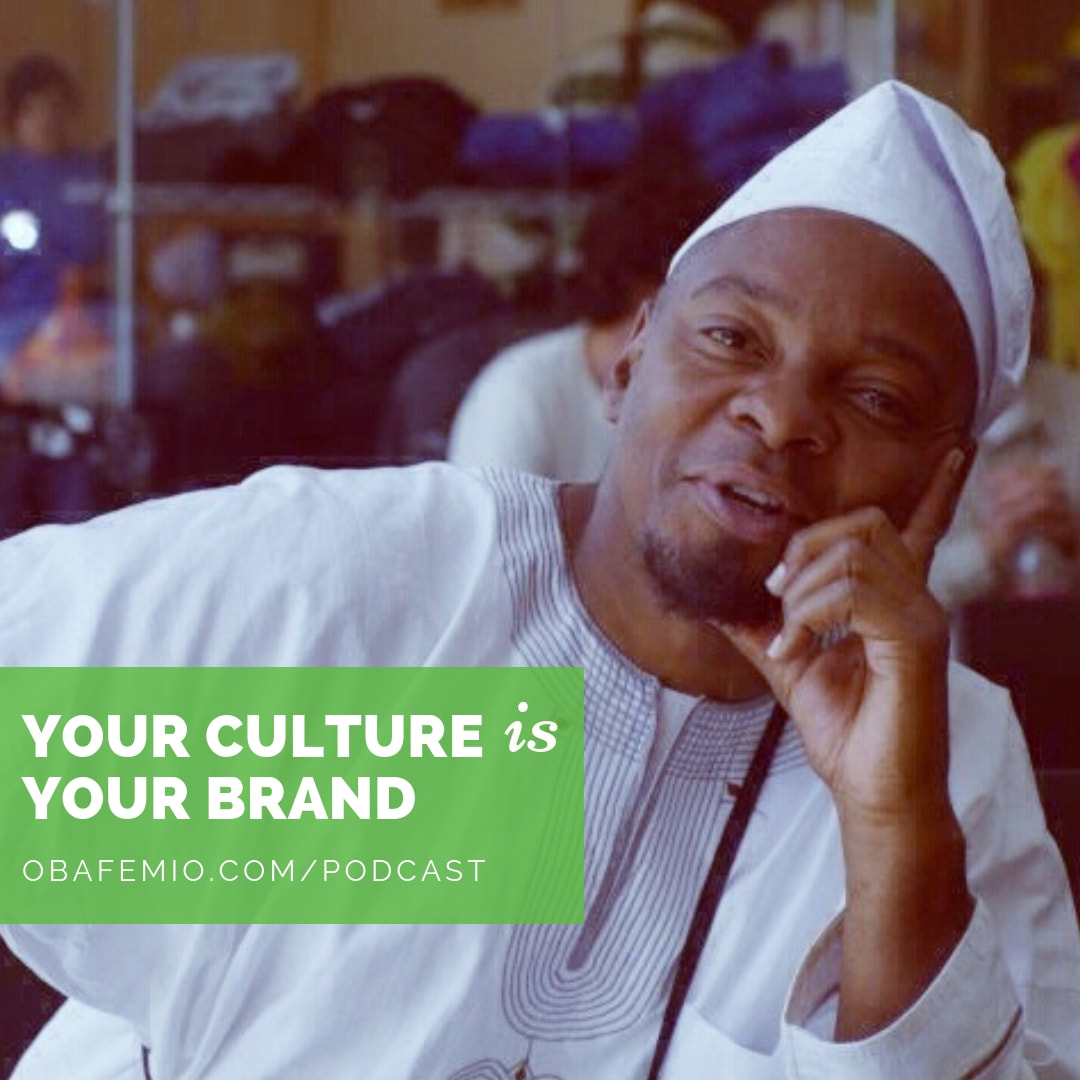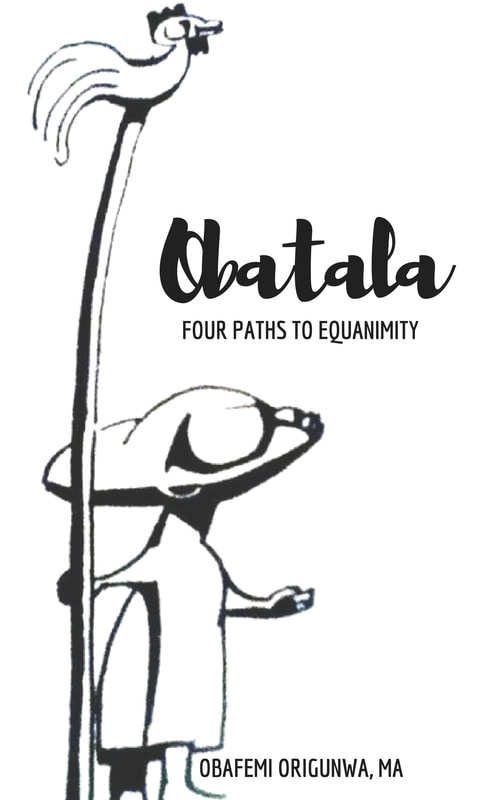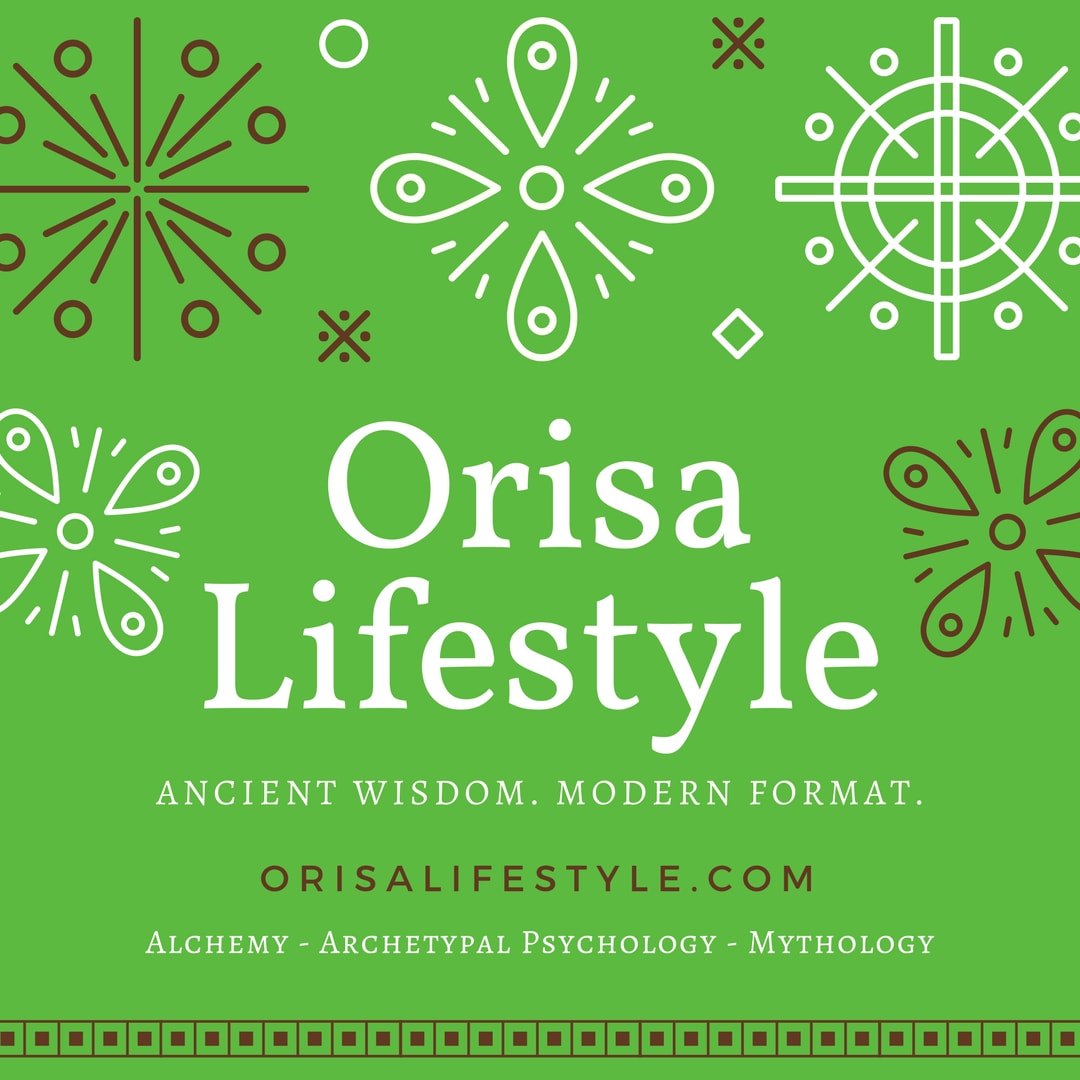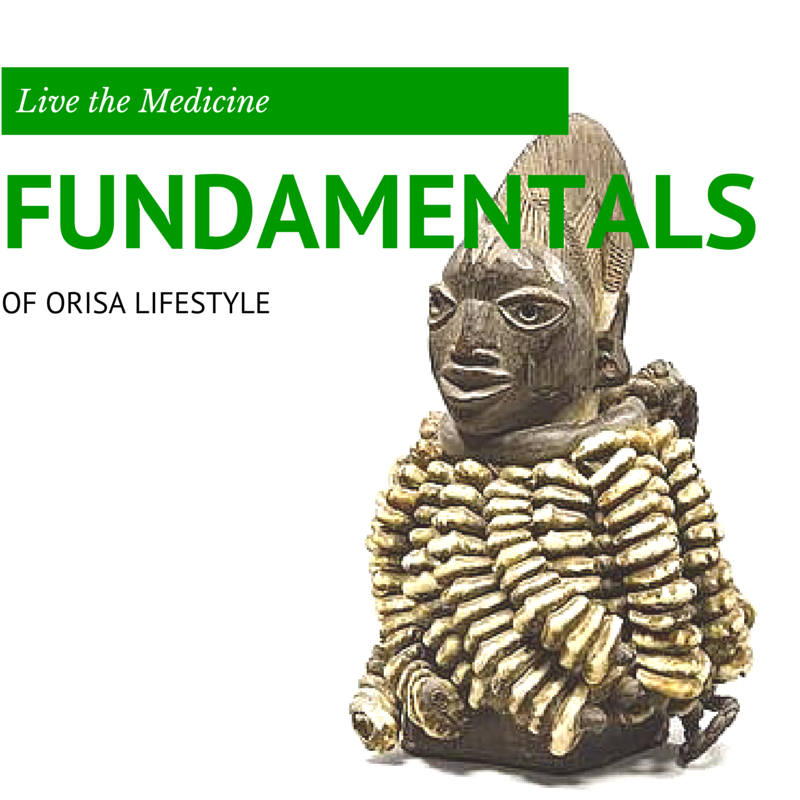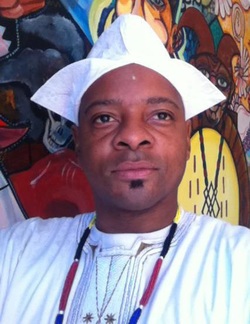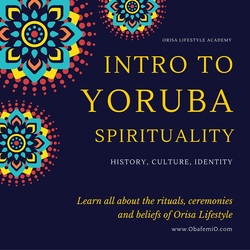 “You can lead a horse to water, but you can’t force it to drink.” Symbolically, this little saying summarizes the huge relationship between religion and spiritual transformation. The horse is the human spirit. The one who leads the horse to water is religion. And the water is Olódùmarè’s wisdom. So at its best, Yorùbá religion recreates the conditions in which original discoveries were made about spiritual transformation. The Holy Odù ÌrosùnÒyekú says, “Olomo, please transform destiny for the better. Afedefeyo, the multi-linguist, please transform the world for good, so that the world is not destroyed.”[1]Olomo and Afedefeyo are appellations of Òrunmìlà, the owner of the sacred Ifá oracle, which is the word of Olódùmarè. Consequently, throughAssessment (Ifá divination), Transformative work (sacrifices), and Sustainable practices (eewo), Yoruba religion intends to facilitate spiritual transformation. But practicing the religion does not guarantee spiritual transformation. In order to be actually transformed, your spirit must acknowledge, accept and assimilate the change. This is the psychology of meaningful change. It says that, in order to experience meaningful change, an individual needs to master two main types of activities: one set of activities emphasizes using Assessment, Transformative work and Sustainable practices (ATS) to create a framework for focused spiritual development. The second set of activities emphasizes adopting òrìsà lifestyle agreements that gradually enable you to live the medicine that facilitates spiritual transformation. If you’re like most contemporary American urbanites, the first step to living the medicine is to overcome the legacy of Sigmund Freud. In case you don’t know, Freud is the father of psychoanalysis, which has been used to reveal the secret desires of the masses. For over fifty years now, these secret desires – mostly of a sexual and violent nature – have been exploited by the political and marketing industries to condition the American population to seek all forms of personal fulfillment through acts of consumption. So, today when you want to fulfill your masculine identity, you buy something like a car or a weapon. Likewise, if you want to accentuate your femininity, you buy something else, like a dress or a day at the spa. If you want to assert your individuality, you buy something like a tattoo. And when you need to affirm your deep relationship with someone, you buy something like a promise ring. A growing movement called shopper activism even empowers you to “vote with your dollars” when you want to fulfill your civic duties. Naturally then, when you want to experience spiritual fulfillment you buy something, like a book or a crystal. This is especially significant to the American practitioner of Yorùbá religion because the religion abounds with innumerable sacred objects, countless rituals, elaborate ceremonies, and myriad initiations. This vast material complexity, coupled with a culture of consumerism is a dangerous cocktail because in the consumer world, the market tells you that value is determined by cost; the more something costs the more valuable it is. Spiritual transformation, however, cannot be bought. It must be lived. Of course, this is not exclusive to òrìsà lifestyle. Consider, for example, that nobody would even consider paying ten thousand dollars to get baptized! Everyone knows that admission to heaven is not going to be influenced by how much you paid to be baptized, who performed the ceremony or where it was performed. The primary reason anyone would pay that much for òrìsà initiation is because of what he or she perceives he or she will get in exchange. This is what I call the psychology of fabricated needs and superficial change. The psychology of fabricated needs and superficial change represents a serious challenge to our ability to live the medicine because it inhibits our ability to distinguish between òrìsà and an object of similar cost, like a BMW. And in case you don’t know for sure, the difference between òrìsà and BMW is the true value of each. Consider this question, if you will; “What’s the value of a good idea?” When you include some of the good ideas of our time, like the internet, civil rights and sustainability it becomes blatantly clear that the value of a single idea. It yields benefits over and over, throughout time. So it is with the message of Ifá. What the diviner shares with the client far exceeds the cost. Take, for example, the man who comes to me – his babláwo – for ATS because his wife mistreats him. In the initial Assessment, Ifá says his wife is both bewitched AND that she is his chosen wife from heaven; that is, she alone will bring him into contact with his destiny. Ifá says that hisTransformative work will include a series of sacrifices to appease the powerful beings of the night. And for his Sustainable practices, Ifá says that everyday he must use a ritually prepared soap and exercise deep patience. He adheres to Ifá’s instructions and is rewarded with a happy home. Within months, the man is genuinely happy with his wife for the first time in years. It cost him thousands of dollars. But if you ask him, he will tell you that his happiness is priceless and the work was worth every penny. This represents the arrangement of a single òrìsà lifestyle agreement that enabled a man to live the medicine that healed a particular area of his life. If he wishes to see the blessings expand and take root in other areas, he must adhere to increasingly deeper and more intense cycles of ATS. Gradually, he will experience spiritual transformation. December 31, 2012 Comments are closed.
|
Live the MedicineObafemi Origunwa, MAThought leader, Ifa priest and author of four definitive books, Obafemi Origunwa inspires metamorphosis through living the medicine that will heal your life and heal the lives of the people you're destined to serve. 
Raise Awareness

Internalize Principles

Embody Truth
|
